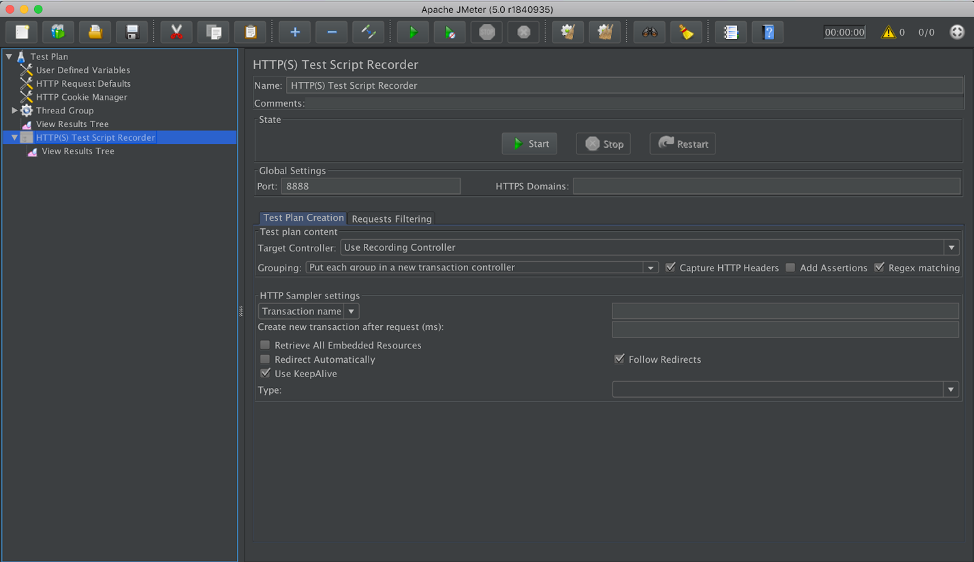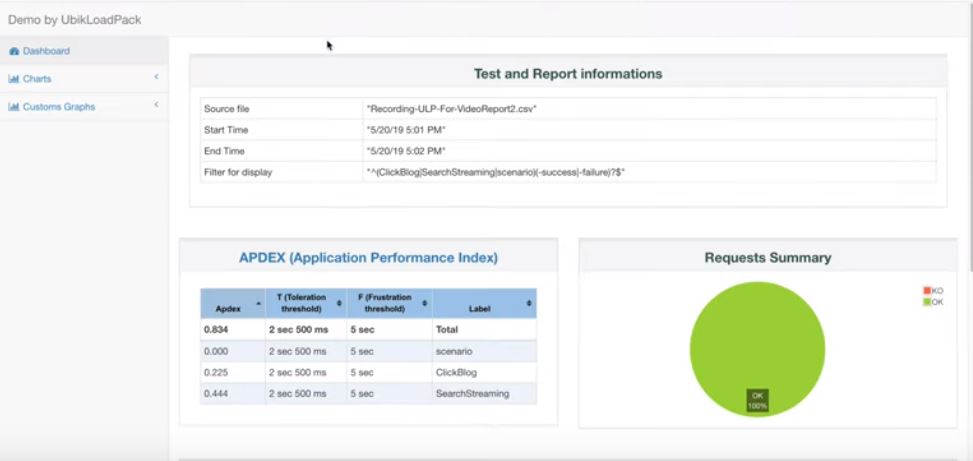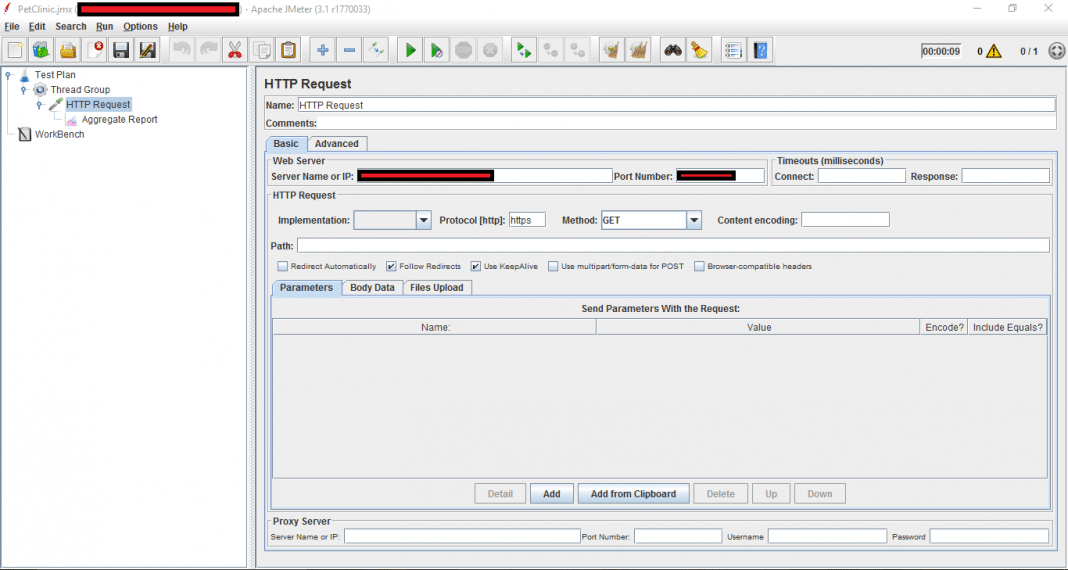

Blog: Load testing redefined: From KPI reporting to AI-supported performance engineering.How do I integrate Dynatrace into my load testing process?.The requests and distributed traces will be tagged in Dynatrace with the configured request attributes for targeted diagnostics and analysis. Extraction of data from a concatenated string (like LSN=Scenario1 TSN=Put Item into Cart ) can also be configured as shown below. Select HTTP request header as the Request attribute source and enter the name of your custom HTTP header in the Parameter name field. In Dynatrace, configure the extraction rules for the custom HTTP Headers via Settings > Server-side service monitoring > Request attributes. See Dynatrace and load testing tools integration for more details on the recommended key/value pairs. In this example, we use the header x-dynatrace-test and the set of key/value LSN=Scenario1 TSN=Put Item into Cart for the header value. You can use any custom HTTP headers to pass context information. Within JMeter, use the HTTP Header Manager to add custom HTTP request headers.For example, you can analyze all requests that come in from script Scenario1 and test step Put Item into Cart. Having a tag on a request allows you to analyze requests with specific tags. Dynatrace can analyze incoming HTTP headers and extract such contextual information from the header values and "tag" the captured requests.


The SamlSsoService and login.jsp Requests have "SAML TOKEN" as a variable, allowing it to pass a unique SAML token to the server.While executing a load test in Apache JMeter, each simulated HTTP request can be tagged in JMeter with additional HTTP Headers that contain test-transaction information (for example, script name, test step name and virtual user ID). The regex should be applied to the URL and would be something like this: SAMLRequest=(.+?) The Regular Expression extracts the valid SAML token and stores it to a variable. The SAML Token Request has the username/password as variables whose values are determined by the CSV file. The CSV Data Set config points to CSV file with each user/password. Note, you need to have an HTTP request for each page. It looks like /start/login might be generating the token that gets passed to /saml/SamlSsoService. SAMLRequest=eJxlj8FuwjAQRM%2F5i8j3xAlItLIIiLaqikQrBKGH3hxnSQzJ2vU6UT%2B%2FFrQSao87uzP7Zr786rt4%0D%0ABEfaYMHyNGMxoDK1xqZgh%2FI5uWfLxZxk31mxGnyLO%2FgcgHwcBSOSuGwKNjgURpImgbIHEl6J%2Fep1%0D%0AIyZpJqwz3ijTsWj9VDAwra2atmrPnamk7JU5nQzKxlZHiVA3qM7HDk6KxdH7L1ZICWaiAdZIXqIP%0D%0AUpZnST5JsmmZz8RkJrK7DxZtf149aLw2%2BMOV3nJV1yMSL2W5TXZQawfKX0JGXYN7C46CoVVpSOyg%0D%0AgcpIV4ehZ9GKCJwPcI8GaejB7cGNWsFhtylY670lwXkN4%2FSf3biGkx9qQM%2BltTy00Ua1QZPOcyLD%0D%0AA4hnfPENC8GO7w%3D%3D%0D%0A&RelayState=abc%3Astart&appId=250Ĭan you tell me the regular expression to use inorder to capture this value? Also, if there are three different URLs, how does jmeter know which one to capture? I want to capture what the system sends and tell JMeter to send it. In view results tree, I see the following request: /app/login If you know the solution, please let me know as soon as possible. In JMeter, how do I create these requests on the fly and parameterize this for many users?

Our server sends a SAML request to another server. I am trying to load test a web application that uses SAML for SSO, using JMeter.


 0 kommentar(er)
0 kommentar(er)
